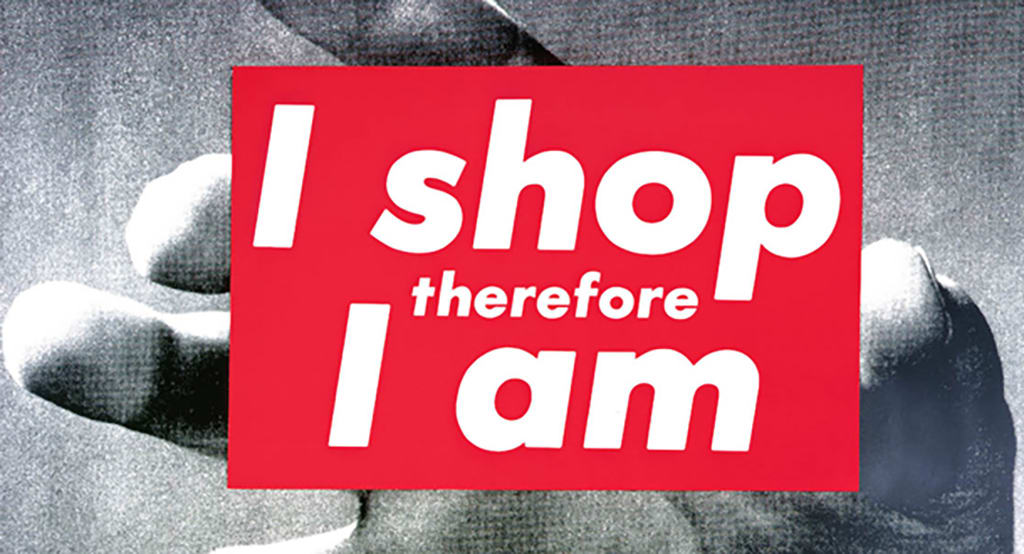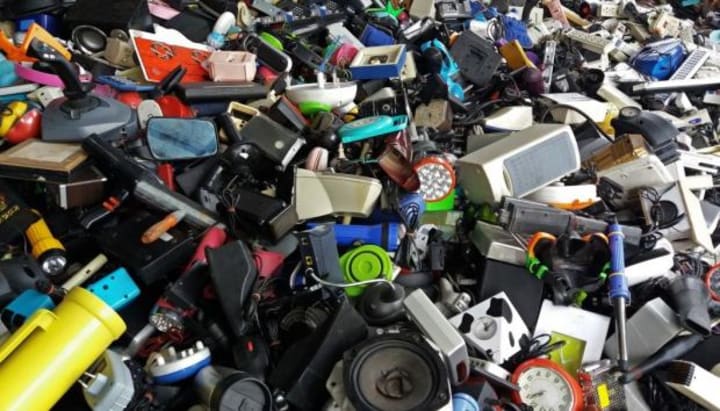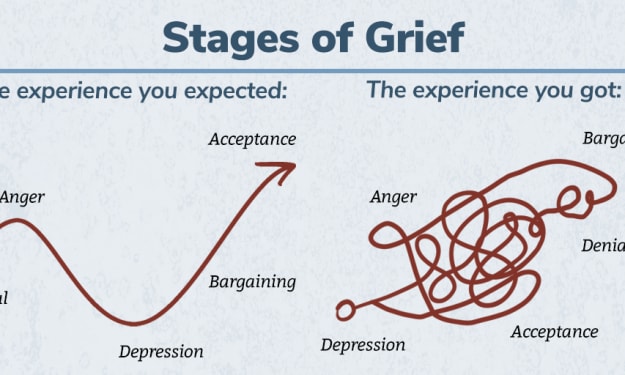Close Your Eyes on the Joneses
See it, want it.

Listening to the latest ads from Apple is very different from watching them. The eyes lie. In this day and age, and over the last 30 years, as media has grown and become omnipresent, we have become consumers fooled by our eyes.
It is not as though consumerism did not exist before 24-hour television and social media. Magazines, a dying media, always had advertisements. Advertising has always been part of the print media’s revenue. Bright, stylish or eye-catching photos or words, burrowing into our subconscious, making you think you want a digital radio, floral dress or a cruise.
The phrase "Keeping up with the Joneses," as in to aspire to a higher standard of living, one that you feel you should have, originated in a 1913 comic strip. Created by Arthur R Momand, it depicted a family’s effort—the McGinis’—to keep up with the high flying Joneses. The comic ran for 27 years in several newspapers, the title becoming part of the common lexicon.
These days, the phrase is more apt than ever. With the saturation of social media and visual presentation being so important across much of it, the fictional Joneses of life, those who make you feel like you might be missing out or need to keep up, are everywhere.
People used to want to aspire to a job for life. Perhaps, if they were diligent and worked hard, there would be some upward progression. A management role perhaps. The thought was to provide for your family or yourself, have fun with friends on the weekend. Any other life was the dreams of the beautiful people you saw in Bacardi ads and in fashion magazines.
If you were going to do something different, perhaps out of the ordinary, like travel regularly or become an artist, it was a gradual thing. There was no expectation that it would happen overnight. Patience, an almost obsolete concept, was a virtue.
These days, everything is about speed. We live in a generation that has no real concept of waiting. They expect, demand, everything immediately. The fact that somebody has to provide the thing or service to them does not enter their minds. It is all about getting their want now, at that moment. Technology influencers talk about every iteration of a smartphone being a nanosecond faster, running a mite smoother, having more processing power.
People are sold on the nanosecond they saved by being able to operate an app fractionally faster than the year before. They had never noticed they were losing a fraction of a millisecond before, but now, with a new faster, more efficient chip, they are able to do things faster. Yippee.
Obviously, since the advent of the internet and dial-up connections, the technology has improved. Waiting minutes for a page to load, for pictures to appear, is a long forgotten memory. These days, if a page takes longer than ten seconds to load, you move on. Webpages are expected to be quick and seamless.

These things you can see, or at least you think you can. Can you really appreciate the difference between 4K and 8K? Or even 4K and 1080p? The eyes and brain adjust to whatever you show it, so a 1080 screen compared to a 4K display is only noticeable when viewed side by side.
In isolation, the image is no better. You don’t feel as though you’re missing out until you compare it to another screen.
The gallop, pursuit, for better, faster, more efficient, always begs the question, for who? The ads would have you believe that it's for you, for the people. You'll be able to work faster, work better. Still, in the western world, work, for the most part, is fashioned around a seven or eight-hour working day.
The future, which is now, was supposed to be easier. Getting more done, in a shorter timeframe, should mean less of a work/life burden. Work days should be shorter, right? Not at all. Working faster means that more can be done in a shorter period. Same seven or eight hours, but twice the workload is expected. Welcome to the future.
Everyone embraces technological advances. It's better, more efficient, faster. Back to speed, it has bled into our everyday lives. Everything needs to be quick, to save time.
Which, of course, is what we all think we want. It is definitely true as you get older that time becomes more precious. Age gives you an acute awareness of time’s finiteness. The desire to save time, to make or utilise time better becomes more important as you get older.
The relentless avalanche of media, normalising items that used to be considered luxuries, that Joneses life made real. The improvements are incremental. Most products have very little room for improvement, especially in the technology sphere. That is why they try to sell speed, brightness, more clarity.
When you listen to the words though, it is different. It's the snake oil salesman, repeating things you've heard before, mesmeric words, spoken in dulcet tones.
When combined with the images of the new, shiny product, a thousand, two thousand or three thousand pounds seems a reasonable price to pay to keep up with the Joneses.

About the Creator
Q-ell Betton
I write stuff. A lot.






Comments
There are no comments for this story
Be the first to respond and start the conversation.